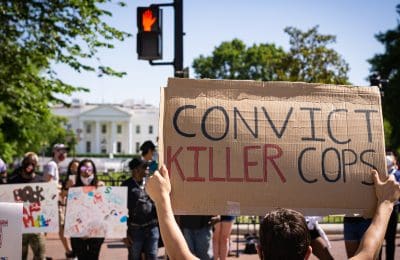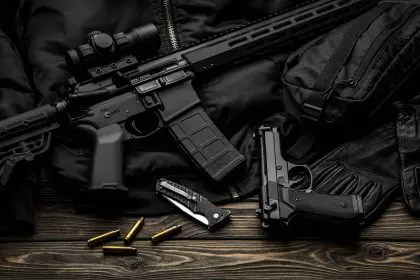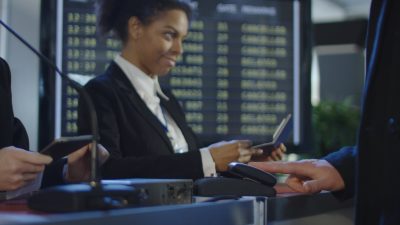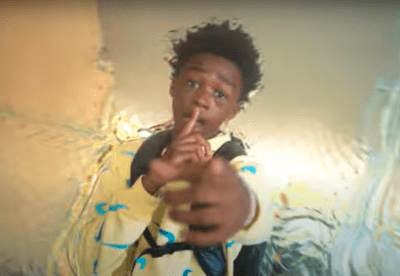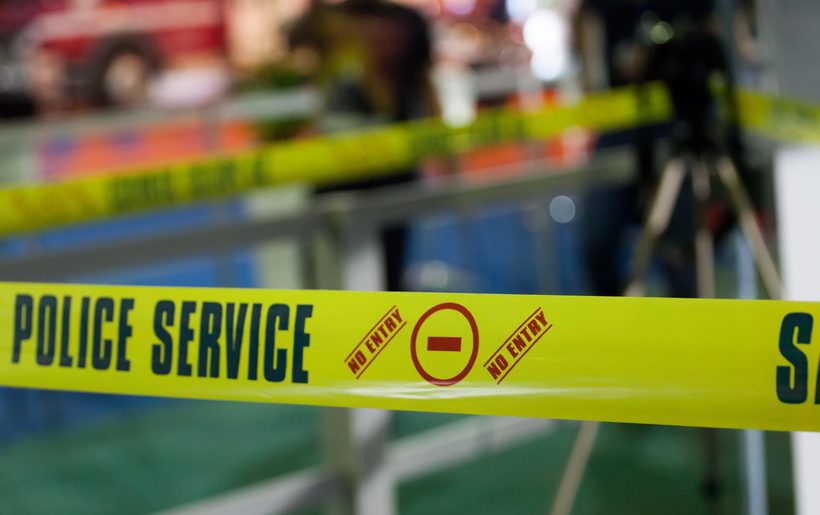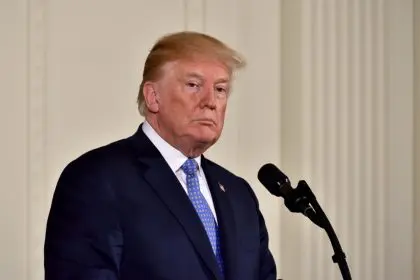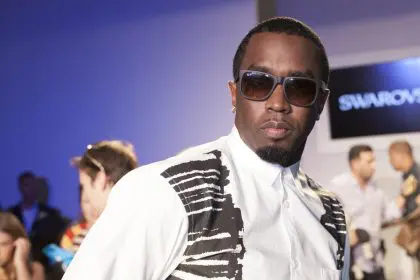
When there is a call to action on issues of social justice, some people stand silent while others lead. One such leader is Mary Hooks, co-director of Southerners On New Ground (SONG) The organization is deeply involved in the Black Lives Matter movement in Atlanta and rolling out recently spoke with the activist and the LGBTQ grass roots organization SONG.
What motivated you to be a part of the Black Lives Matter movement?
I was motivated when [Hurricane] Katrina hit in 2005 when I saw Black folks being abandoned and left to die by the U.S. government. I was moved to action when rode a bus to Jena, Lousiana, during the Jena 6 trial when I saw Black children being lynched in the courts. In 2009, I was introduced to Southerners On New Ground and was moved to join the organization as a member and eventually became a part of the staff. Over the last six years I’ve been organizing through SONG, and had built relationships with some of the founders of BLM. Nationally, I got more involved when Southerners On New Ground was invited to be on the planning committee for the Movement for Black Lives convening that happened in 2015. Later that year, my comrade, Dre Propst, put the call out to start a chapter here in Atlanta. I’ve been motivated to fight for Black lives for years and been involved with this iteration of the Black liberation movement since 2014 because over the years I’ve learned that it is our duty to advance the liberation struggle of Black people in this country and globally.
What is the name of your organization?
I’m the co-director of Southerners On New Ground, which is a Southern regional LGBTQ grass-roots organization that has been working at the intersections of race, class, sexuality and gender for 23 years. I’m one of the many members of the BlackLivesMatterATL chapter who are fighting for the collective self-determination of all Black lives. We are committed to ending police and state violence in order to build a world where all people can live with safety and dignity.
What are the demands of your organization in the city of Atlanta and Mayor Kasim Reed?
BlackLivesMatterATL is demanding that Mayor Kasim Reed divest taxpayer money from police, jails, courts and invest in the social needs of the Black community. We are also demanding that he end Operation Whiplash, which is a police occupation in Black neighborhoods that is happening in zones 3 and 4 in Atlanta. We are demanding that he and the City Council decriminalize weed and other quality of life offenses that are in the city code. We know that sending police into our communities is the greatest threat to public safety as we see Black people being killed by paid public servants on a daily basis. There is a need to redefine public safety to really understand that unless the basic needs of people are met — food, housing, shelter, meaningful work and wellness — we will never have public safety. The police and jails should not be a replacement for the social safety net that is necessary to support marginalized communities.
Has there been any progress in reaching your goals?
The mayor knows what this generation is demanding and that’s a start. The process continues as we anticipate his formal response. In the meantime, we are building for the long-term fight that is still ahead as we enter the local election year in 2017.
What is your response when people say that Black Lives Matter activists are terrorists?
It is a dangerous accusation and positions those of us that are working to bend the arc of justice in this country to become the next wave of political prisoners. The struggle that African descendants have been waging since our ancestors got off the boat has been instrumental in pushing America to live up to the democracy it falsely proclaims itself to be. All people have benefited from the gains that have been made due to the centuries of courage that Black people fighting for Black lives have made in this country. Instead of calling us terrorists they should be telling us thank you.
In Atlanta one emerging activist group called Black Lives Matter of Greater Atlanta has stirred controversy. Many BLM activists have disavowed this organization. Is there room for cooperation?
There is not room for cooperation when individuals decisively are disruptive, unprincipled and divisive. It is this type of behavior, gone unchecked, that leaves movements dysfunctional and the people led astray. We are committed to building strong coalitions and alliances, however, we cannot forsake the values and principles that are necessary to build political trust. If we are going to fight for liberation, liberation must be in every step and can’t be compromised for false unity.
Overall do you think the city of Atlanta has a good police force?
The police, historically, were slave catchers, known as paddy rollers. Their role was to serve the White slave holders by capturing their “property” — enslaved Africans. Their role hasn’t changed. They protect and serve Whites and people with class privilege and their property. So no, this city does not have a good police force but broader than that, the city leadership of Atlanta doesn’t have a good value system. The city has committed to privileging the wealthy, and punishing and pushing out the poor. Atlanta brags about the small number of police shootings, however, when those occurrences have happened, the families, like those of Alexia Christian, are left with no justice. For the 72,000-plus individuals that have been arrested for low-level quality of life ordinance violations over the last three years, they become too vulnerable to a slow death at the hands of the courts, jails and private probation system. The police are just the fist of enforcement that upholds the racist and capitalist value system, which is shown through the laws and policies that criminalizes and starves poor Black and marginalized communities.
Do you work with the Atlanta Citizen’s Review Board? What is your opinion of the board’s effectiveness?
Last year several organizations like Women on the Rise, attempted to have the Atlanta Citizens Review Board support the efforts of getting justice for Alexia Christian, the Black woman killed by APD, while handcuffed in the backseat of a police car. Their demands were met with hostility. This was also after the ACRB plastered billboards in Black neighborhoods that stated “Don’t Run,” in response to police murdering Black people. We believe in the vision of the organizers that fought for a community review board after the police murder of Black elder Catherine Johnson. We believe that, given their ability to use subpoena power, it could be a powerful mechanism. There are questions in regard to who makes up the board — former police and appointed individuals — and their interest in representing the causes of the police versus those of the people. We are willing to help resolve those issues so it can be of greater value to the communities that need it the most.
What would you like to say in closing?
Atlanta is a great city because of its history and its possibilities, and like all cities and towns in this nation, it is fighting for its soul right now. We are at a crossroads and must decide if we are going to uphold a system that profits off the suffering of the most marginalized or if we will stand on the legacy of Dr. King and other civil rights leaders to advance the human rights of all people. Investing in policing can’t fix the problems created by centuries of chattel slavery, decades of Jim Crow, and years of the War on Drugs, but with a radical shift of values and community-based solutions, we certainly can.

